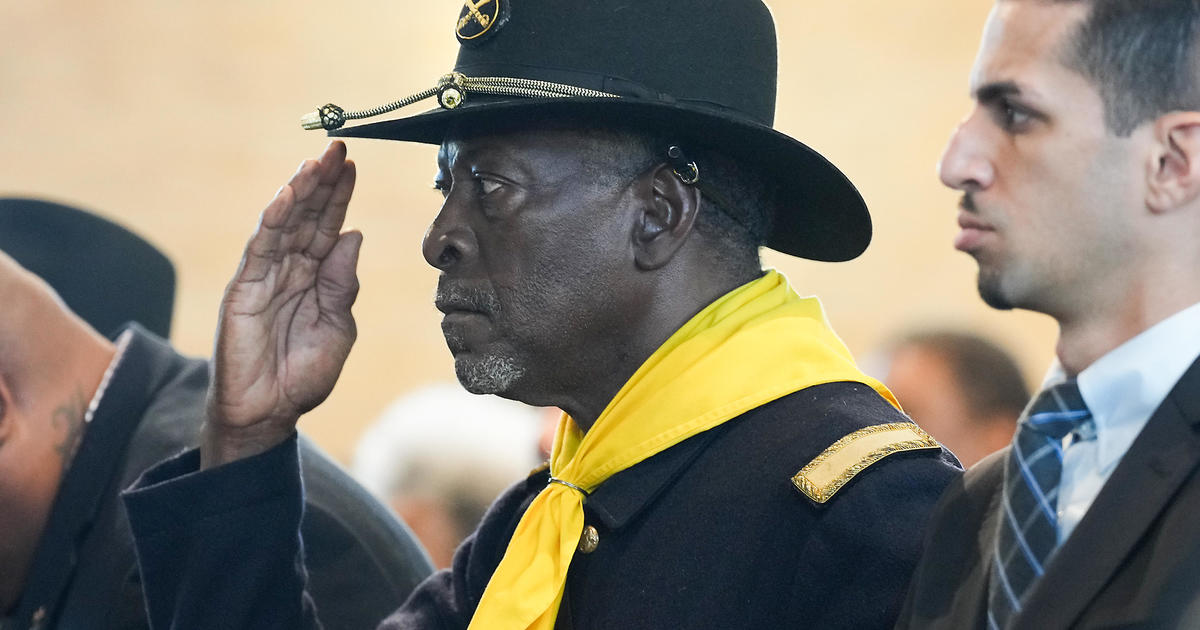U.S. Army has taken steps to rectify the historical wrongs committed against 110 Black soldiers, 19 of whom faced execution, stemming from a mutiny at a Houston military camp during World War I.

110 Black Soldiers’ Convictions Overturned by US Army in Recognition of Racial Injustice (Photo: San Antonio Express-News)
Historic Clemency: Correcting Fundamentally Unfair Trials
In a report featured by Fox News, in November 15, 2023, the 110 Black soldiers known as Buffalo Soldiers, a regiment entrusted with guarding a training facility in 1917, became entangled in clashes with white police officers and civilians, resulting in 19 fatalities. This monumental decision, announced during a ceremony posthumously honoring the Buffalo Soldiers, signifies the Army’s commitment to addressing the injustices tied to Jim Crow-era racism.
The South Texas College of Law initiated the call for a review in October 2020, urging the Army to reexamine the cases of these unjustly 110 Black soldiers, convicted soldiers. Following clemency petitions from retired general officers, the Army Board for Correction of Military Records conducted a thorough review, revealing “significant deficiencies” in the proceedings.
The unanimous decision of the board led to the reversal of all 110 Black soldiers convictions, with the military service of the soldiers characterized as “honorable.” Secretary of the Army Christine Wormuth emphasized that this corrective action acknowledges the racial bias in past trials, setting the record straight and marking a pivotal moment in rectifying historic wrongs.
READ ALSO: Chinese-American Scientist Yanping Chen Requests A Journalist To Be Held In Contempt In Regards With Her Case
Clashes Amidst Jim Crow Laws
According to the news reported by Reuters, in August 1917, racial tensions reached a boiling point in Houston as the Buffalo 110 Black soldiers clashed with a white population following racial provocations. Governed by Jim Crow laws, the city became the backdrop for the largest murder trial in U.S. history, resulting in 110 guilty verdicts and 19 hangings.
The Army’s statement reveals that the first executions occurred secretly, prompting immediate regulatory changes. This decision not only seeks to honor the service of these 110 Black soldiers but also opens avenues for their families to claim benefits and compensation, recognizing the enduring impact of past injustices.
READ ALSO: Suspect At Large Initiates Violent Attack At SEPTA Station In Philadelphia
























